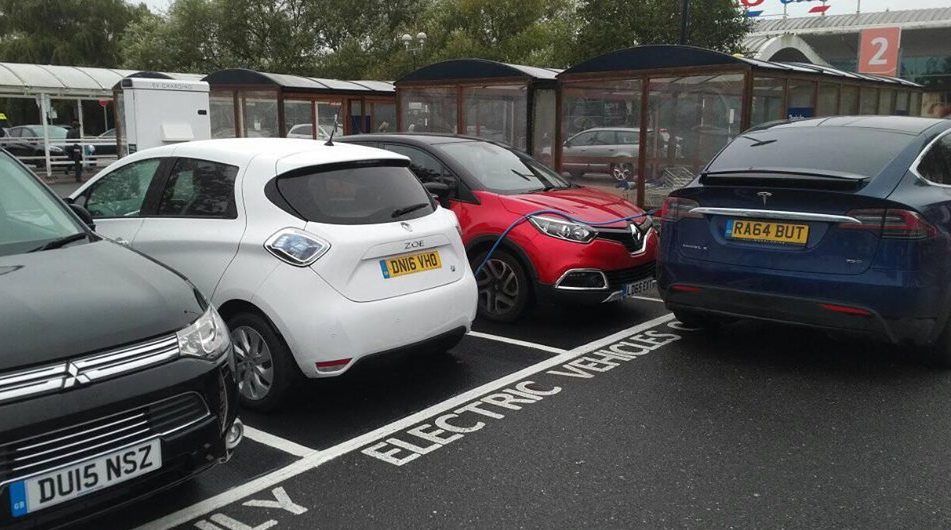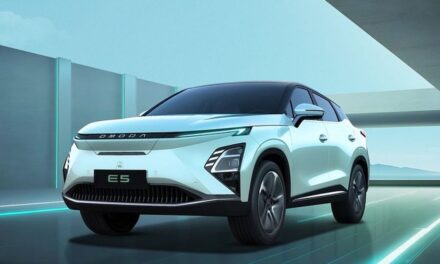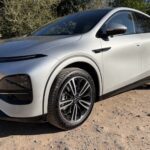Are you considering investing in a new car? While road traffic dropped by 65% at the beginning of the UK lockdown, drivers are getting back behind the wheel to visit loved ones, return to work and head off on staycations. And as the world advances at an increased rate, you could be assessing your finances while debating between an electric or hybrid vehicle.
Both offer lower running costs and emissions compared to traditional petrol or diesel-powered cars. But owning one over the other can have various pros and cons depending on your situation – so read up on the key differences below to inform your final decision.
What are hybrid cars?
Hybrid cars combine traditional car engines with electric motors and often utilise electric power at lower speeds, before resorting to the combustion engine for greater grunt.
The two key types are standard hybrids and plug-in hybrids, with the former using braking or engine power to recharge a battery pack. The batteries in plug-in hybrids on the other hand can be recharged at an electric car charging station – of which there are over 33,000 in the UK.
Hybrid cars still run on traditional fuel for the most part, however. Electric motors in hybrid cars are typically designed to increase the efficiency of traditional driving, rather than replace it altogether.
What are electric cars?
As the name suggests, electric vehicles run off electricity alone and therefore produce zero exhaust emissions. The electric motor inside is powered by batteries with a greater capacity than those found in a hybrid, while refuelling is done by plugging the car into a socket.
All-electric vehicles are generally regarded as the future as governments and manufacturers set ambitious environmental targets – though that future still lies a little way off just yet.
Pros and cons compared
Hybrid and electric cars both have their perks and drawbacks.
Hybrids are typically cheaper to buy upfront and there’s a wider choice out there right now – but it’s hard to beat the running costs and incentives of a pure electric option. That being said, plug-in hybrids still avoid fuel duty when driving on electricity and charging at home.
Electric vehicles are also greener – though hybrid emissions are low providing you keep the battery charged.
Your driving habits will also influence which is right for you. Electric vehicles typically offer driving ranges between 100-300 miles with rapid charge times of around 30 minutes. Hybrids on the other hand could offer peace of mind on longer journeys without guaranteed electric vehicle infrastructure.
Low-emission vehicles are here to stay. Now you know some of the key differences between electric and hybrid cars, which option feels best for you?











